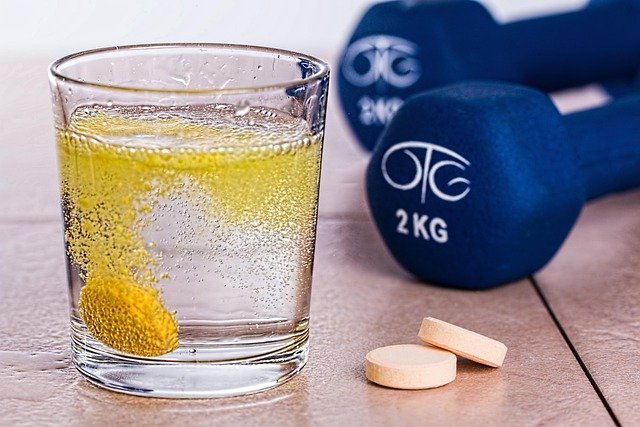Understanding Detoxification: Removing Toxins from the Body
Detoxification, commonly known as detox, is a process aimed at eliminating toxins from the body. This natural bodily function helps maintain overall health and well-being. While the human body has its own detoxification systems, including the liver, kidneys, and skin, some people seek additional methods to support these processes. Understanding detoxification, its potential benefits, and its limitations is crucial for making informed health decisions.

How does heavy metal toxicity affect the body?
Heavy metal toxicity can have wide-ranging effects on the body. When heavy metals accumulate beyond safe levels, they can interfere with normal bodily functions. Common symptoms of heavy metal poisoning include persistent fatigue, headaches, and difficulty concentrating. In severe cases, it may lead to more serious neurological issues, kidney damage, or other organ dysfunctions. The specific symptoms can vary depending on the type of heavy metal involved and the level of exposure.
What are the signs and symptoms of toxin overload?
Recognizing the signs of toxin overload is important for addressing potential health issues. Common symptoms include chronic fatigue, frequent headaches, skin problems, and digestive issues. Some individuals may experience mood swings, sleep disturbances, or unexplained weight fluctuations. While these symptoms can have various causes, persistent issues may indicate a need for further investigation into potential toxin exposure or accumulation.
How can one support the body’s natural detoxification processes?
Supporting the body’s natural detoxification processes involves several lifestyle factors. Staying well-hydrated helps flush toxins through the urinary system. A balanced diet rich in fruits, vegetables, and fiber supports digestive health and provides essential nutrients for detoxification pathways. Regular exercise promotes circulation and sweating, which can help eliminate toxins through the skin. Adequate sleep and stress management are also crucial, as they allow the body to repair and regenerate.
Are there specific detox methods for heavy metal poisoning?
Addressing heavy metal poisoning often requires medical intervention. Chelation therapy is a medical treatment used in severe cases of heavy metal toxicity. This process involves administering chelating agents that bind to heavy metals in the bloodstream, allowing them to be excreted through urine. However, this treatment should only be performed under strict medical supervision due to potential side effects. For less severe cases, dietary changes and specific supplements may be recommended by healthcare professionals to support the body’s natural detoxification processes.
What role does nutrition play in detoxification?
Nutrition plays a vital role in supporting the body’s detoxification processes. Certain foods are particularly beneficial for detoxification. Cruciferous vegetables like broccoli and kale contain compounds that support liver function. Antioxidant-rich foods, such as berries and leafy greens, help protect cells from damage caused by toxins. Adequate protein intake is essential for the production of enzymes involved in detoxification pathways. Hydration is also crucial, with water and herbal teas supporting the elimination of toxins through urine and sweat.
In conclusion, detoxification is a complex process that involves multiple bodily systems. While the human body has remarkable abilities to eliminate toxins, excessive exposure to environmental pollutants and heavy metals can overwhelm these natural processes. Understanding the sources of toxins, recognizing potential symptoms of toxin overload, and supporting the body’s detoxification pathways through lifestyle choices can contribute to overall health and well-being. However, it’s important to approach detoxification with a balanced perspective, focusing on sustainable, health-promoting practices rather than extreme or potentially harmful “quick fixes.”
This article is for informational purposes only and should not be considered medical advice. Please consult a qualified healthcare professional for personalized guidance and treatment.






